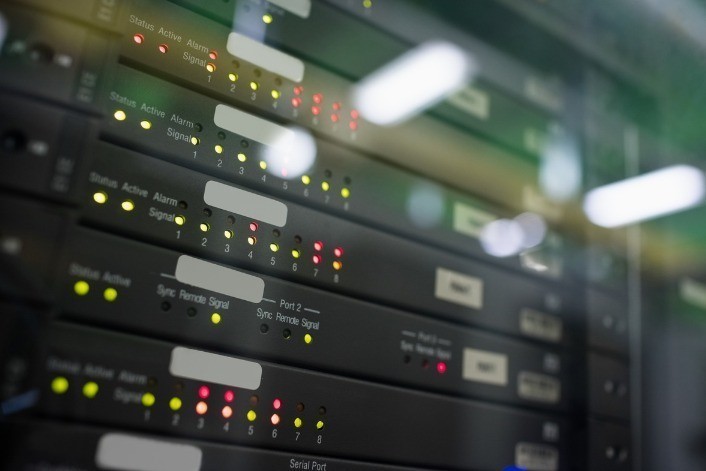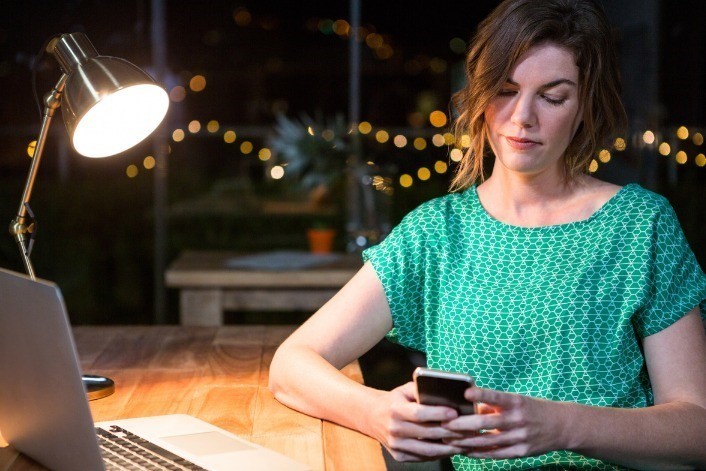

Closing Apps to Save Battery Makes Things Worse
Many people try to save battery power by closing the unused apps regularly. Actually, there are even dedicated apps which do that automatically. However, Apple and Google have confirmed that you cannot improve battery life this way; in fact, you could make things worse. Any app that is installed on your smartphone can be in one of these phases: not running, active, inactive, background, and suspended. Mobile operating systems include advanced memory management algorithms which will take care of everything for you.

How to Avoid Zero-Click Mobile Phone Attacks
Fuzzing involves creating, and then manipulating purposely built data files. The goal is to mutate these files millions of times, with the goal of testing various applications which require user-based data input, for security purposes. At the end of the process, the developer has gotten access to millions of different datasets which may cause application errors and other dangerous behaviors. By using this technique, a security researcher has determined that Apple's ImageIO programming library allows out-of-bounds memory reads.
![]()
Mobile Phone Industry Explores Worldwide User Tracking
Cell phone carriers may create a global data sharing system which tracks people around the world, with the goal of stopping the spread of the Covid-19 virus. While the project sounds good in theory, it has already gotten a few privacy and security experts concerned. According to them, the system could also be used by governments and other interested parties to monitor individuals. However, the proposed UK scheme would involve data anonymization, and the geographical movement information would be delayed by 12 to 24 hours.

5G Signal Is Now Available on the Mount Everest Peak
China Mobile has helped build a 5G mobile cellular network station at the Advance Base Camp of Mount Everest, which is the world's highest peak. The new station works in conjunction with two other networks that have been built at slightly lower altitudes, supplying enough signal to cover Mount Everest on its north ridge, as well as its summit. The system will help mountaineers communicate better, allowing rescue teams and researchers to be much more efficient. According to the company, download speeds will exceed 1.66 Gbps.

Mobile Vision-Testing Device Aims to Improve Road Safety
An optometrist from Hobart was getting frustrated because people did not want to wear their glasses while driving. So, he decided to build a device which can test drivers' vision on the side of the road within seconds and do it accurately. Acuidrive was created with help from police force and designers in Melbourne. Police officers have asked drivers to read road signs in the past, but the method is far from being accurate. In Tasmania, drivers' vision is only tested when they get their license, and then when they turn 75.

UK Government Will Use Personal Data to Fight Coronavirus
It has happened! The Information Commissioner's Office has granted the UK government permission to use the data that has been harvested from people's phones, with the goal of reducing the spread of coronavirus. The government will create movement maps to determine if people and groups are adhering to social distancing guidelines. According to Ray Walsh, Digital Privacy Expert at ProPrivacy, the fact that UK's ICO has approved the use of UK phone data in the fight against Covid-19 is extremely concerning with regards to personal privacy.

Facebook Adds Quiet Mode Which Silences Push Notifications
The social media giant has announced the introduction of a "Quiet Mode" for its mobile app, which is supposed to pause "most" push notifications. We do not know what notifications will still go through, but Facebook has stated that it is legally required to push some notifications, such as privacy updates. The good news is that we will be able to use Quiet Mode manually, or we can run it automatically, on a schedule. The app will also get a new set of shortcuts for notification settings and News Feed preferences.

Put the Milky Way in Your Pocket with the 'Our Galaxy' App
The new "Our Galaxy" mobile application includes thousands of objects which are displayed in their true location in relation with the center of the Milky Way galaxy and can be viewed from any perspective. The author of the app is Bill Tschumy, one of the programmers behind the very popular SkySafari application. Our Galaxy allows people to search for the desired deep-sky objects, including or excluding specific object categories. The results can then be filtered according to objects' magnitude, size, distance, and more.